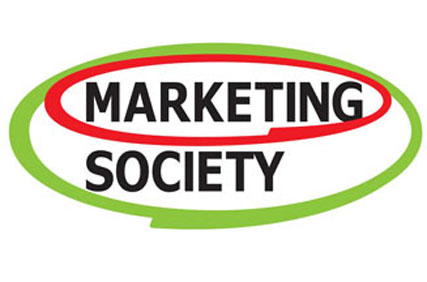YES
Tricia Weener, Head of marketing, Europe, Commercial Banking, HSBC
'Traditional' creative agencies don't have a monopoly on good ideas nor should they take 'lead' status just because that is the way it has always been.
Any agency with an understanding of the business or brand in question, the strategic skills and the ideas is well placed to take the lead role. That is irrespective of it being creative, integrated, digital, experiential or direct.
With the proliferation of media, paid-for or earned, the idea needs to be just that - an idea; a platform from which creative can be developed in any format. Ideas need to be nurtured by co-operation and creativity, not by selfanointing oneself as the 'lead' agency.
That said, the agency that creates the idea should lead, as it has the passion and motivation to bring the idea to life. It should not be handed to another agency, because 'not invented here' is likely to prevail and have an impact on its ability to lead effectively.
It is, however, essential that the client assigns one agency as the 'lead'. Without clarity and agreement, the process can become convoluted and chaotic.
YES
Matt Connor, Client services director, Stephens Francis Whitson
With the huge shifts in how consumers engage with brands, it makes little sense to have a lead-agency model. The topdown approach can be very stifling to bringing great ideas to life in a multi-channel environment.
Diageo's Bryony Stickells was bang on when she said: 'You've got to start with the consumer' (Marketing, 6 April). You use your collective agencies to work out how best to engage them and then harness each agency's specialism to bring the thought to life in an integrated, rather than matching, way.
The best agencies are well-versed in the collaboration required to meet a brief. However, this can work only with clients managing agency relationships. They need to brief the agencies openly and fairly and ensure that the remuneration model avoids the appetite for land-grabs by agency partners.
This may still prove a problem for Diageo, as its roster contains as much overlap as it does complementary skills. If this results in pitching for every brief, it could lead to a less powerful and motivating agency model.
NO
Richard Bateson, Marketing director, Camelot
How a company uses the agencies on its roster is an individual choice. It comes down to brand objectives and commercial goals. The scope and role of a lead creative agency has changed significantly in recent times, driven by a general proliferation of media and the ever-increasing role of new technology.
For some companies, say for those where sub-brands' relationships with each other are less important, a campaign-by-campaign approach could be the best way to work with your creative agencies.
However, the National Lottery brand and all its sub-brands are so intrinsically linked, that retaining a lead creative agency ensures we have consistency across all of our communications.
Today's consumer can interact with brands on levels unimaginable as little as five years ago. For us, it means always getting our message right, across all consumer and trade touchpoints.
A good idea is a good idea. Therefore, the role of the lead creative agency is ownership of the idea and a collaborative approach to its execution.
YES
Brendan Tansey, Chief executive, Wunderman UK
The notion of having a legislated lead agency is antediluvian and should be abolished. The idea that regardless of the brief, an agency from a given discipline should always lead doesn't makes great sense in a converged world.
If we believe ideas can come from anywhere, then the lead responsibility should be based on the assignment and who demonstrates the best thinking.
Marketing campaigns do need clear lines of command and communication, so once the meritocratic process is complete, agencies do need to know who is driving the bus. Whoever takes that role needs to have the account management depth and production expertise to manage the campaign.
This flexibility of lead agency calls for a fluidity of retainers or project funds that has not been common practice until now. Most remuneration agreements still work on the assumption of a constant lead agency with commensurate staffing.
The Marketing Society is the most influential network of senior marketers dedicated to inspiring bolder marketing leadership. www.marketing-society.org.uk


